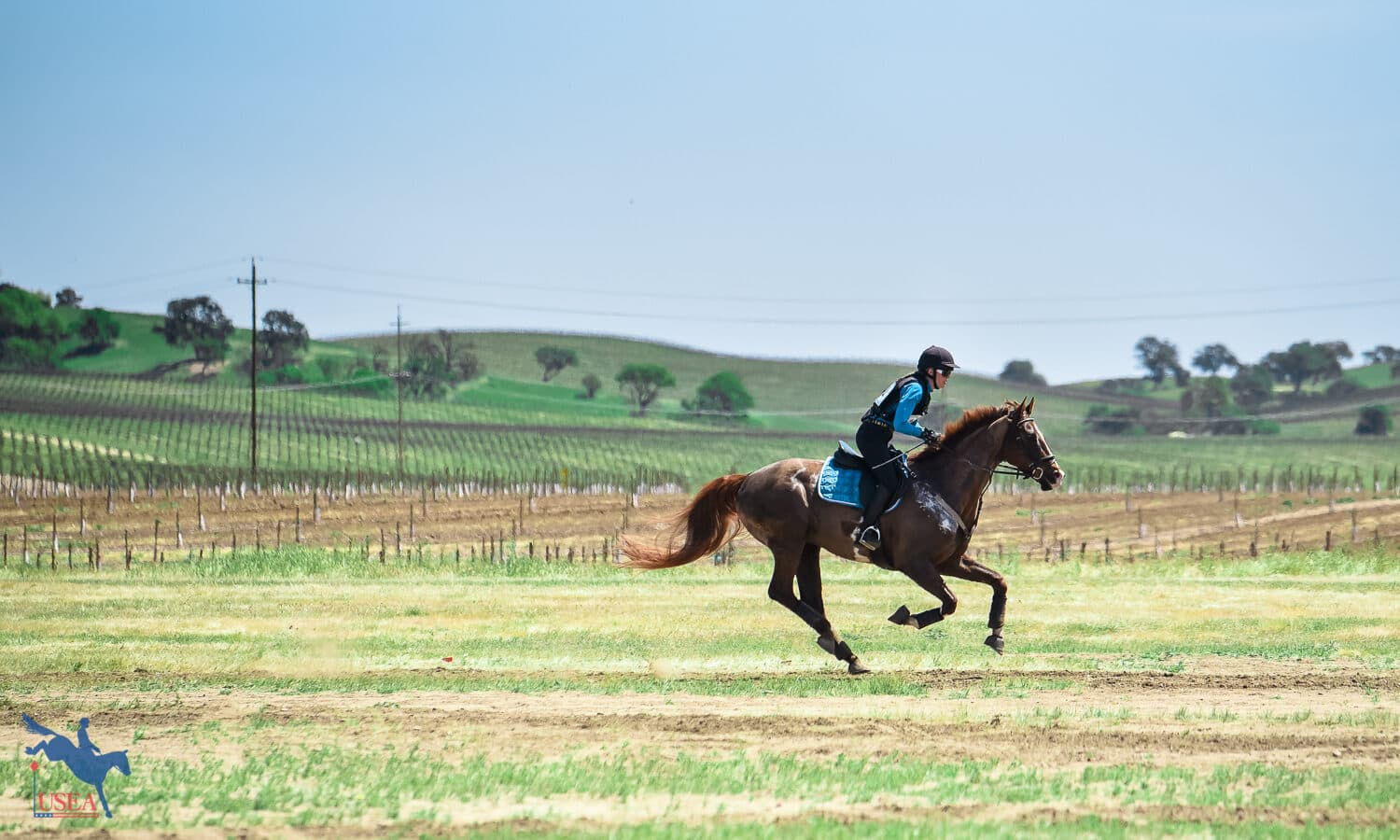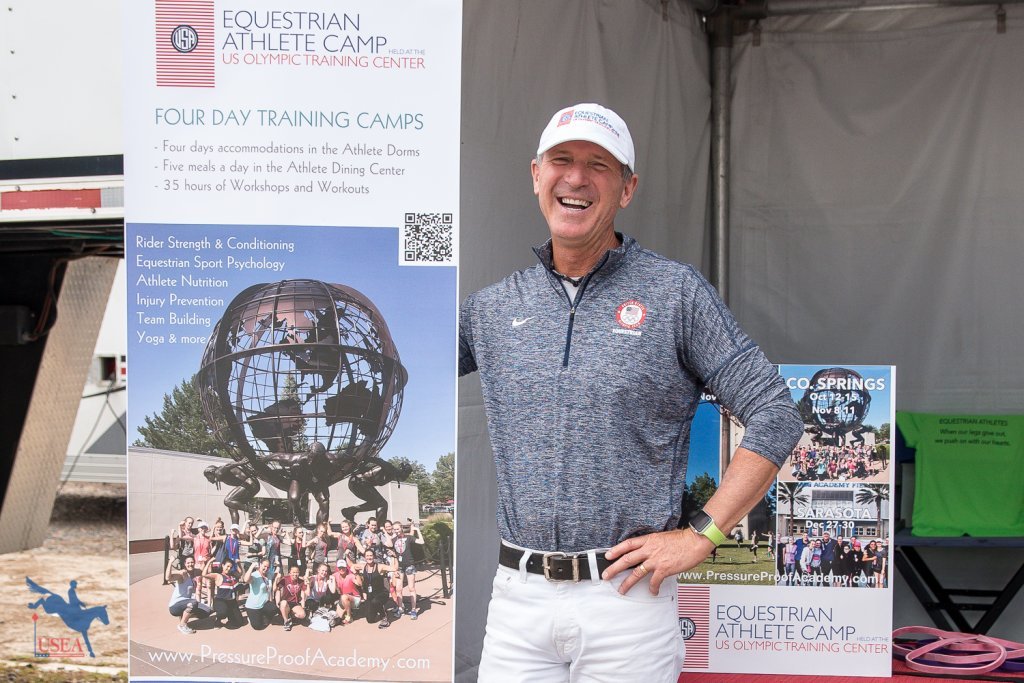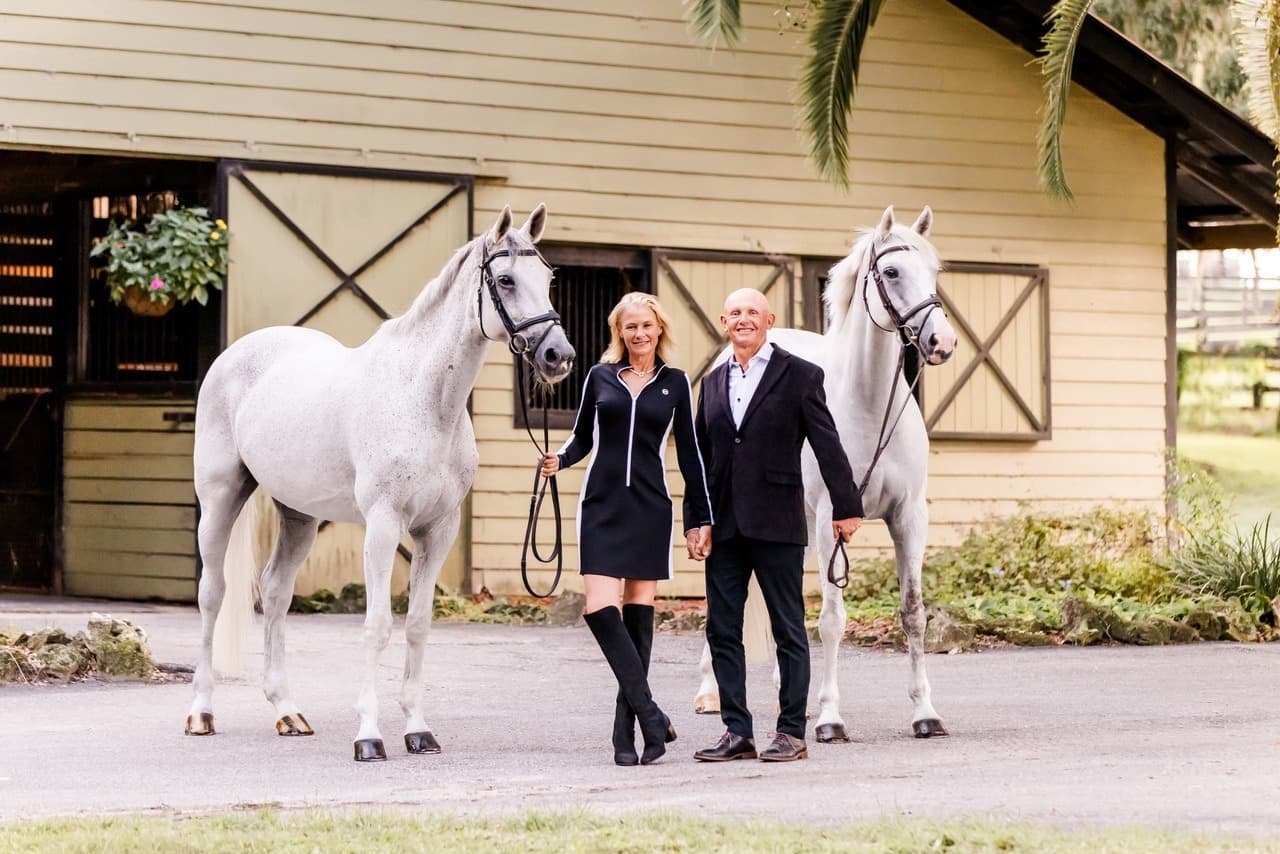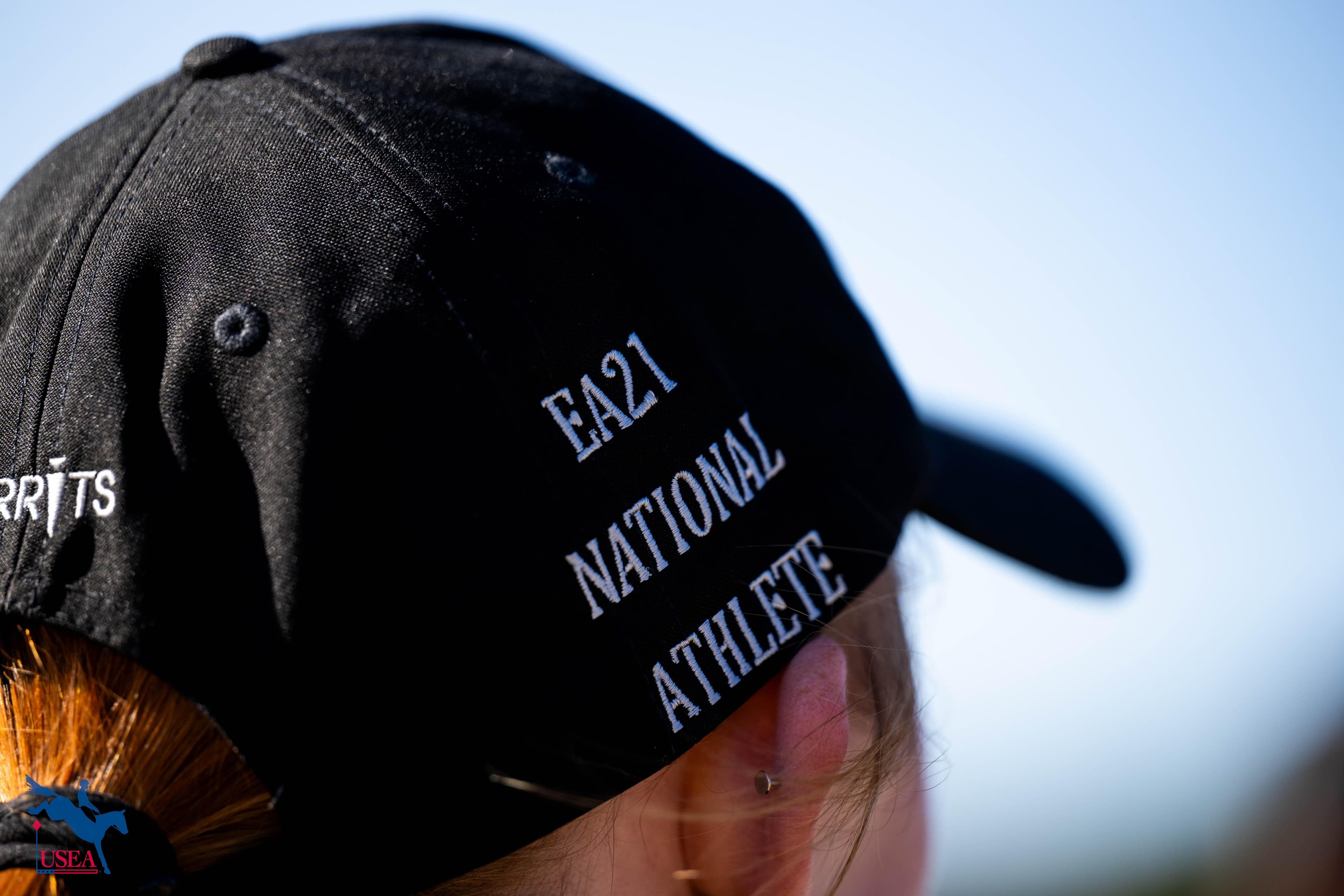Daniel Stewart's Tip of the Month: Happy, not Crappy

When you arrive at the barn, you arrive at a place that's more than just fences, fields, and fillies. You arrive at your happy place - the place you go to when you need a little distraction from the craziness of a life that can often leave you feeling a bit frazzled, fried, and frustrated. Unlike other sporting venues like courts and pools, your happy place isn't defined by the location itself, but by the relationships you build with your trainers, peers, and horses.
So what happens when your happy place becomes a little less happy? What happens when your thoughts turn from friends and fun to fears, falling, and freaking out? What happens when your happy place turns into your crappy place?
Teaching yourself to look beyond the problems and challenges that can often affect our sport and stay focused on the silver-linings and lessons-learned there isn’t just necessary to being happy in your happy place, it’s also necessary to being successful there. In fact, studies have shown that you’re up to 34 percent better at everything you do when you’re happy (as compared to everything you do when you’re feeling tense, frustrated, nervous, intimidated, etc.). This means that you’re 34% more likely to ride well when you’re enjoying the process, but it also means that you’d be well-advised to teach yourself how to enjoy the setbacks as much as the comebacks, and the struggles as much as the successes.
This is what social scientists refer to as the happiness advantage and their work shows an overwhelming relationship between success and happiness. Obviously, you’re happy when you're successful - but the reverse is also true - you’re more successful when you’re happy, too.
Here’s how is your brain connects the dots between happiness and performance:
- You laugh and smile
- Your brain thinks you’re happy and safe
- Your brain releases endorphins, dopamine, and serotonin which are natural antidepressants
- You become more relaxed, confident, courageous, and optimistic
- You perform better
On the other hand, here’s how your brain connects the dots when you replace enjoyment with doubt, frustration, and anger. All of a sudden the dots look a whole lot different:
- You feel nervous
- Your brain thinks you’re facing a threat
- Your brain releases the stress hormone cortisol and adrenaline
- You become tense, anxious, nervous, and forgetful
- Your performance suffers
Learning to connect movements together in a dressage test or connecting fences together in a jump course are definite keys to success in our sport, but learning to connect the dots between enjoyment and performance are just as important. Always remember, if you're too busy to laugh, you’re probably just too busy, so regain your smile and the love of the sport this month and don’t be surprised if you might just replace a little of that stress with a lot more success.

I hope you’re enjoying my monthly tips and that I get the chance to see you at one of my clinics, or that I'll see you at one of my four-day Equestrian Athlete Training Camps this summer at the Olympic Training Centers in Colorado Spring, Colorado or Lake Placid, New York. Riders of all levels and ages are welcome! For more information, click here.
Interested in sports psychology? Applications for the 2020 Worth the Trust Sports Psychology Scholarships are now available and are due on October 7, 2019. For more information, please contact Nancy Knight, (703) 669-9997.














